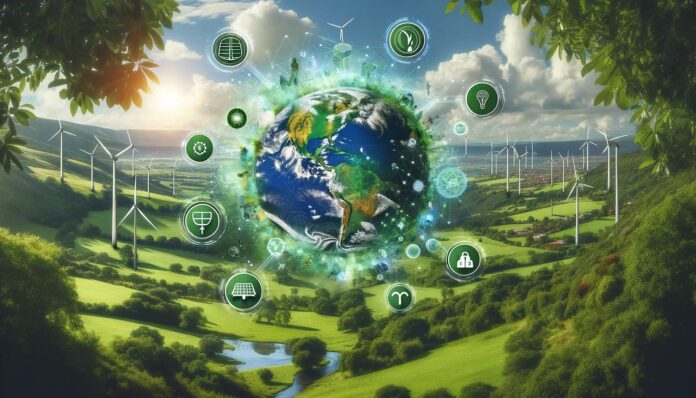Education has always been at the heart of human progress, and its accessibility has improved significantly over the centuries. The UN’s Declaration on Human Rights in 1948 declared education a fundamental human right, and since then, advancements have been made to ensure quality education for all. This includes the adoption of the Recommendation Concerning the Status of Teachers in 1966, which sought to standardize teacher rights, responsibilities, and working conditions. Celebrated annually on October 5, World Teachers’ Day reminds us of the essential role educators play in shaping society.
As a former high school Humanities teacher, I can attest to the profound impact that teachers have on their students’ lives. Numerous studies back this up, including a 2014 report showing that students taught by “high value-added” teachers are more likely to attend college and secure higher-paying jobs. At the core of this impact is trust—students who trust their teachers are more willing to take risks and embrace challenges in their education.
This trust is particularly important when it comes to teaching sensitive and often debated topics, such as climate change. While the majority of Americans believe in climate change, confusion and misinformation persist. For example, only 1 in 5 Americans are aware that more than 90% of scientists agree that human-caused global warming is real.
Climate Education as a Tool for Change
Despite the challenges, climate education has proven to be a powerful tool. Studies have shown that students who learn about climate change in school are more likely to take action and make sustainable choices. According to a Columbia School of Climate study, 59% of students who received climate education acted to address it, compared to just 44% of students who didn’t. Furthermore, a 2020 study found that if 16% of students in middle- and high-income countries were taught climate science, it could reduce global carbon emissions by almost 19 gigatons by 2050.
However, climate education is not just for the young. Contrary to popular belief, older generations are just as likely, if not more so, to take action on climate change. With the widespread availability of information on the internet, people of all ages can now engage with environmental science through a variety of mediums, from documentaries and video games to satellite imagery.
Still, the internet is a double-edged sword, providing a platform for both information and misinformation. This is why quality climate education, grounded in critical thinking, is so vital. Early exposure to accurate climate science can help students better evaluate the information they come across in the future. A 2024 study of 776 students in England found that continued education significantly decreased susceptibility to misinformation over time.
Accessible Climate Education Resources
EARTHDAY.ORG (EDO) has long championed climate awareness since the first Earth Day in 1970. The organization’s recent report, Climate Education vs. The Climate Crisis, highlights how integrating climate education into school curricula can ease student anxiety, increase environmental awareness, and promote green skills needed in the workforce.
Support for climate education is widespread: 86% of teachers, 84% of parents, and 65% of students advocate for it. However, only one U.S. state, New Jersey, currently mandates climate education for grades K-12. EARTHDAY.ORG aims to change this by providing accessible materials, including lesson plans, advocacy packets, and teaching guides, to help educators seamlessly integrate climate science into their curricula.
But resources alone aren’t enough. Schools, teachers, parents, and students need to unite and push for climate education reform. Governments must listen and act to bring this essential topic into classrooms worldwide.
We owe a great deal to our teachers for the critical role they play in guiding students. It’s now time to provide them with the tools they need to prepare future generations for the realities of climate change in a truthful and empowering way. Climate education is not just a privilege—it’s increasingly becoming a human right.











